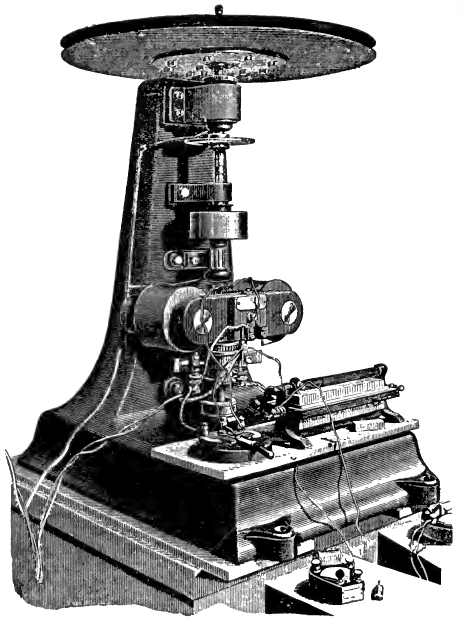Imogen Clarke “Peer Review in the Ether”
Imogen Clarke holds a PhD on the transition from classical to modern physics in early twentieth century Britain from the University of Manchester in 2012. She currently works in academic publishing in Oxford, UK. Clarke’s guest post is related to her recent article, The Gatekeepers of Modern Physics: Periodicals and Peer Review in 1920s Britain Isis 106 (1), (March 2015) 70-93.
Peer review – can’t live with it, can’t live without it. That’s the basic conclusion to be drawn from the myriad of discussions currently surrounding the topic, with a new peer review crisis apparently popping up every other day. Peer review’s ubiquitous place in scientific funding and publishing might lead the casual observer to assume it had been commonplace for centuries. In fact, while the Royal Society established a form of peer review as early as 1753, the practice did not become widespread until after World War II and, as of yet, nobody really knows why. But peer review’s surprising youth is a treat to the historian of twentieth century science. To try and picture a publishing landscape without omnipotent peer review, one does not have to go back too far.

I went back to 1920s Britain. I found physicists struggling with a rapidly changing discipline, with many losing interest in the 19th Century ether, an imperceptible all-pervading substance that surrounded all matter and allowed waves to travel through empty space. Instead, a new generation of physicists were turning their attention to the emergence of quantum physics and relativity theory. With no consensus on what physics was anymore, one could look to the major journals to get an idea of what was accepted and what was not accepted. The two most respected journals during this period were the Proceedings of the Royal Society of London and the Philosophical Magazine. While the former was, during the 1920s, primarily under the control of a staunch ‘modernist’, James Jeans, the latter fell at least partly under the influence of Oliver Lodge, the ether’s most vocal champion. While carrying out the seemingly mundane activities of criticism and praise, of acceptance and rejection, of selecting ‘experts’ qualified to give a second opinion, Lodge and Jeans were (perhaps inadvertently) also establishing the relations between old and new traditions in their discipline.
The Philosophical Magazine had no formal system of peer review, or even management. It’s not entirely clear how the editors (a mixture of aging physicists and members of the Taylor & Francis publishing family) made their decisions, but they certainly weren’t required to adhere to any strict rules. When a paper ended up in Lodge’s hands, he could usually do what he wanted with it. On the surface, the Proceedings of the Royal Society looked very different, with the Society’s many layers of bureaucracy ostensibly protecting it from the subjective views of any one man. In practice, however, many papers bypassed the committee, and peer review was always an available option, rather than a mandatory practice.
Furthermore, even when peer review was utilised, this in no way guaranteed ‘objectivity’. Reviewers were influenced by their own particular views towards what counted as valuable science, and this problem was exacerbated by an often limited pool. For example, in the 1920s, only two physicists were deemed sufficiently expert to judge a paper that touched upon quantum theory. Their views, unsurprisingly, were firmly pro-quantum. By modern standards, we might consider this a good thing. But we shouldn’t judge historical characters by modern standards of knowledge. There was by no means consensus on quantum theory or relativity theory, or ‘modern physics’ more broadly, and by selecting very specific reviewers, editors of journals played a role in forming consensus. Thankfully at the same time Lodge was happily accepting any and everything to do with the ether, retrospectively souring the Philosophical Magazine’s reputation (again, only by modern standards), but also creating a balanced publishing landscape, where all sorts of ideas could be given a chance to prove themselves.
Neither system of publishing was perfect. But equally, neither system was inevitable. And with or without peer review, publishing power lay in the hands of the few.